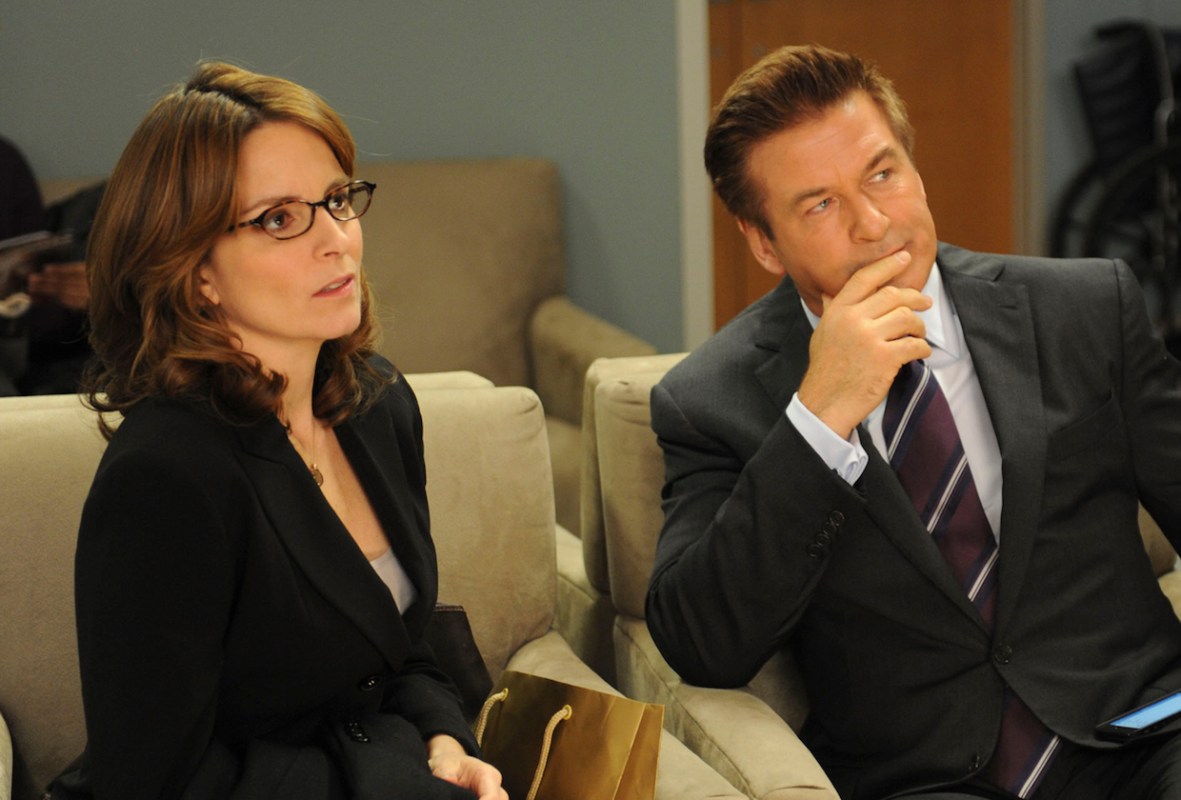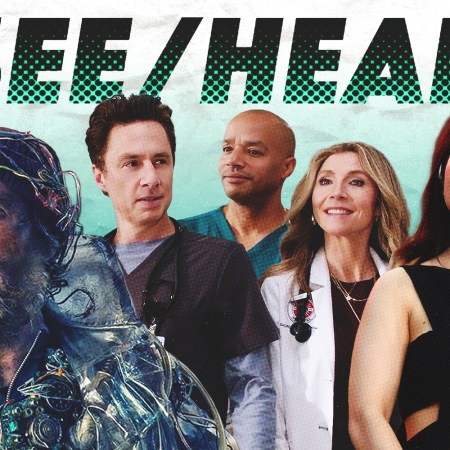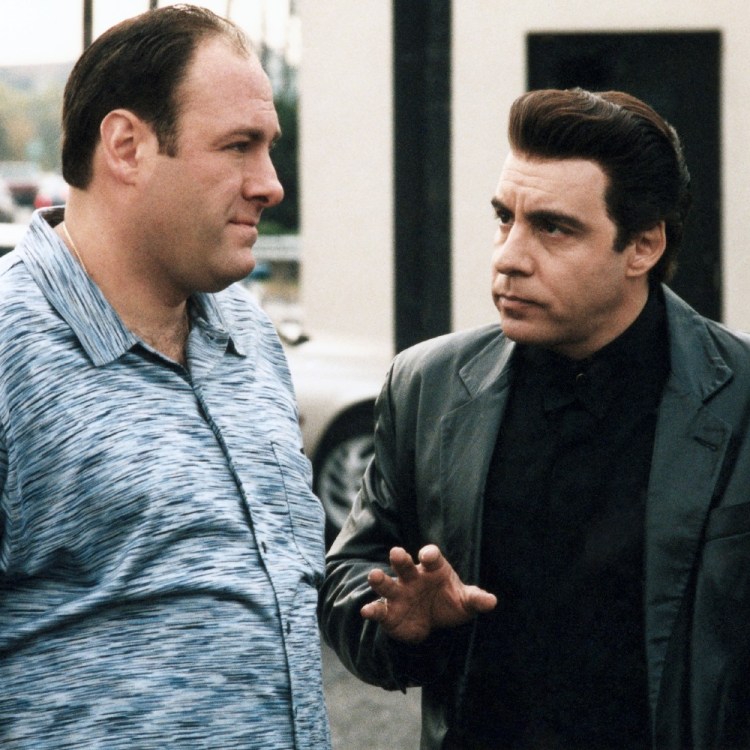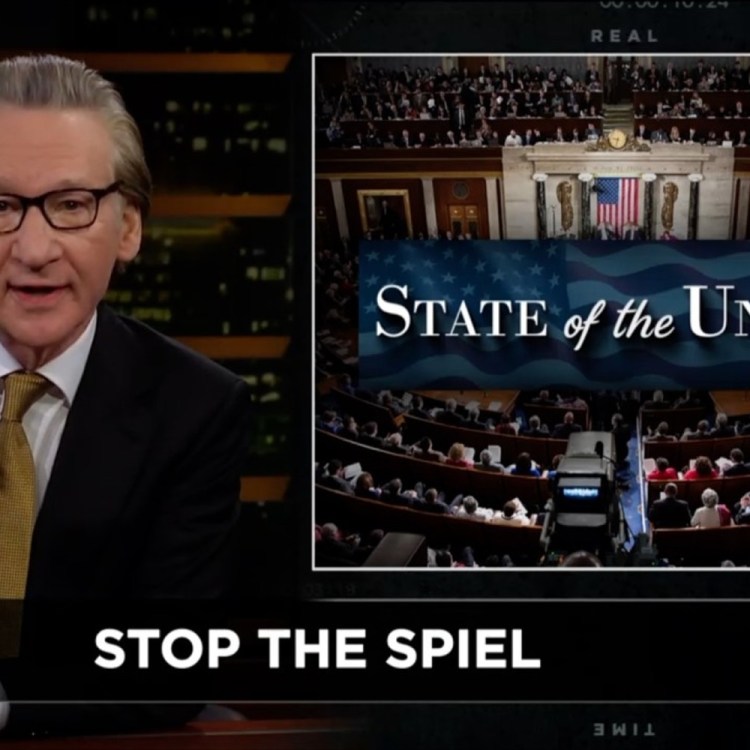This summer has seen many TV shows (and the streaming services that currently host them) re-evaluating old racial insensitivities, and episodes of shows like 30 Rock, It’s Always Sunny in Philadelphia and Scrubs were pulled because they showed white characters wearing blackface. In this digital era, what does that actually entail?
As a new explainer from The New York Times points out, in the tape era, pulling an episode from syndication was a lot more labor-intensive: “In predigital days, taking an episode out of circulation meant cutting it from the syndicated rerun schedule and, behind the scenes, removing the physical tape masters and ‘servicing files’ from their designated inventories and labeling them ‘out of service,’” the publication notes. “Episodes or films were then funneled to climate-controlled vaults and, in the case of companies like Sony, the Library of Congress’s National Audiovisual Conservation Center in Culpeper, Va.”
Of course, nowadays it’s just a matter of taking down a digital file, meaning the whole process can be done in less than 24 hours. However, as the Times points out, “While this method of storage may be significantly less laborious than climate-controlled physical archiving, it comes with its own particular set of risks … Each instance of removing an episode of a digitally produced show increases the possibility of accidentally losing or destroying the content, whereas series or movies shot on film can survive for 100 years when preserved correctly.”
Simply taking down an episode instead of adding some sort of context or disclaimer to it also raises questions about whether scrubbing objectionable content from the internet is erasing history. But as Ron Simon, senior curator for the Paley Center for Media, notes, these controversial episodes often find their way back online in the form of bootlegs.
“If a show had any type of momentum and has attracted a group of passionate fans, there will be some type of preservation effort,” he explains.
Subscribe here for our free daily newsletter.
Thanks for reading InsideHook. Sign up for our daily newsletter and be in the know.




![Noah Wyle [third from left] with the season 2 cast of "The Pitt"](https://www.insidehook.com/wp-content/uploads/2026/01/the-pitt-season-2-schedule.jpg?resize=450%2C450)














